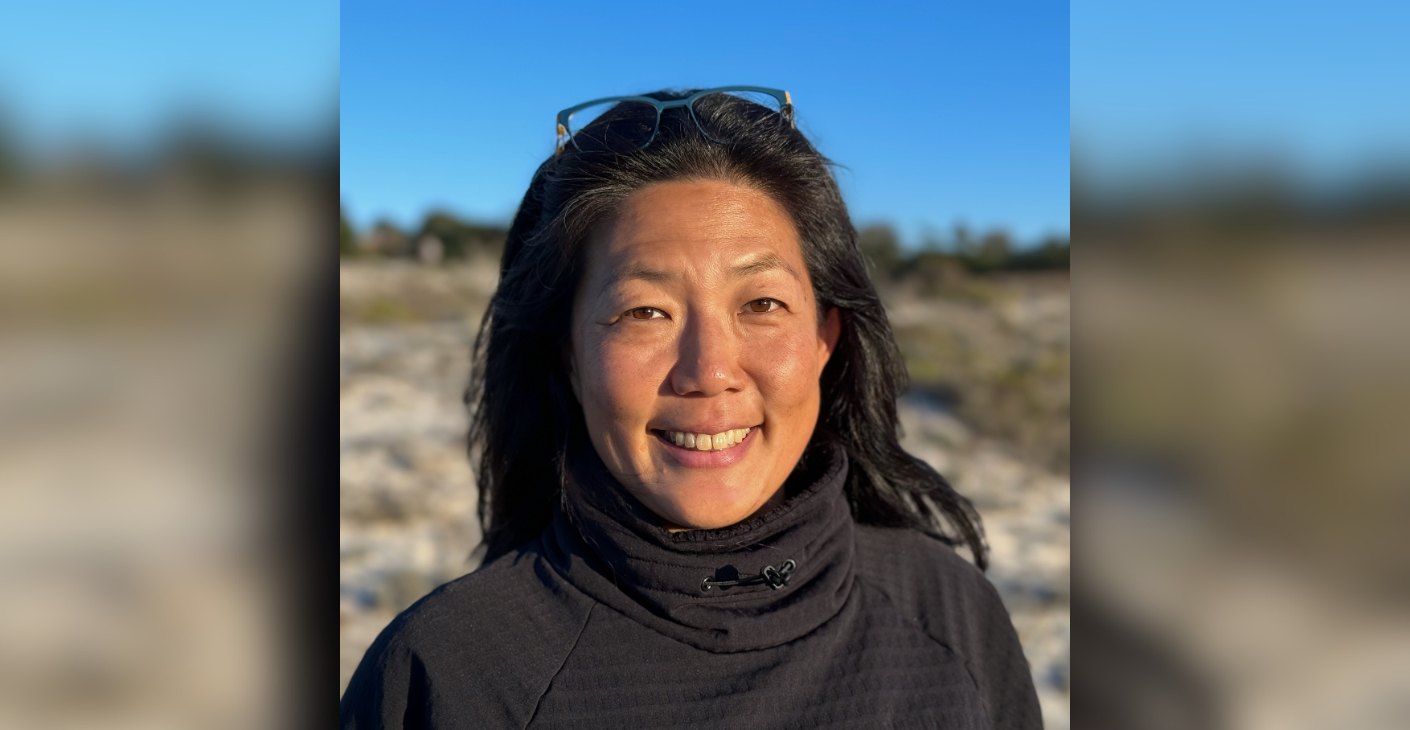Why did you decide to open a charitable fund at SFF?
My partner and I joined SFF because we were seeking a place that not only spoke the language of justice but also illustrated meaningful, material ways in which it was addressing deeply rooted systemic inequities in our society today. We wanted to engage with a donor community that had aspirations and a commitment to do the hard, critical work necessary for societal transformation.
Truthfully, I struggle with the idea of philanthropy as it exudes notions of hierarchy that bifurcate haves from have nots, deserving from undeserving. I question the role philanthropy has played in perpetuating systemic inequities. Some would argue that DAFs themselves perpetuate wealth preservation for some to selectively distribute to others.
So, why would we set up a DAF in the first place? Well, we did so at a time when DAFs were new, and I was working in a development role at a non-profit. I was curious to understand this new model of “giving” and perplexed by the limited transparency around how they worked. We set up a small fund to learn the inner workings, challenges and possibilities of DAFs as a possible mechanism to redistribute wealth in more equitable ways and see if there were others out there with similar questions and hopes. We are grateful to have met others at/through SFF who are similarly focused on cultivating more just societies – mobilizing and leveraging what we can.
Tell us about an organization you are passionate about.
I come to this work holding multiple positionalities. I identify as a child of refugees. It is through the stories and memories of my parents that I learned about in/justice. It is through their and their parents’ struggles for freedom and liberation for all that motivate me to continue in their footsteps. I also work at Refugee & Immigrant Transitions (RIT), a community-based organization that envisions a world where all refugee and immigrant “newcomers thrive and become full-participating members of our shared communities.” I also teach in the Master in Migration Studies program at the University of San Francisco.
RIT partners with immigrant and refugee communities in the Bay Area from 50 countries around the world. Knowing deeply the challenges of displacement–from homelands as well as starting anew, RIT aims to humanize spaces, welcome newcomers, and address systemic injustices newcomers face right here in the Bay Area. RIT offers English, citizenship, and wellness classes; case management; academic support; mentorship; and youth leadership programs in schools, community centers, homes, and at its Community Hub in Oakland. We are also co-developing a community research practice that centers living knowledges and collective well-being, addresses systemic issues upstream of our direct service work, and informs policies and funding directions that affect refugee and immigrant communities.
For me, RIT inspires hope and possibilities for more peaceful futures because in many ways, RIT represents a microcosm of a more peaceful society, in which people with diverse and shared experiences of forced displacement gather in a common aim of creating better futures for themselves and their communities.
Any closing thoughts?
“I appreciate the growing recognition that people closest to their experiences are best positioned to know what their communities need.”
Yet, in many instances, it is often people most removed from these experiences who are making critical decisions. Our hope is to eventually evolve our modest DAF into a community fund that would be community funded and run by folks who bring the living knowledges and experiences essential to generate better collective futures for all.
Our DAF is called Coalesce Fund and is just one piece of a larger vision. The name comes from my doctoral dissertation working with Community Leader-Scholars (CoLS) with refugee experiences. The acronym CoLS (pronounced coalesce) acknowledges the many people in our midst who are from community and hold living knowledges that inform community well-being, whether through formal education and/or deep cultural/linguistic/ancestral wisdom/knowledge.


